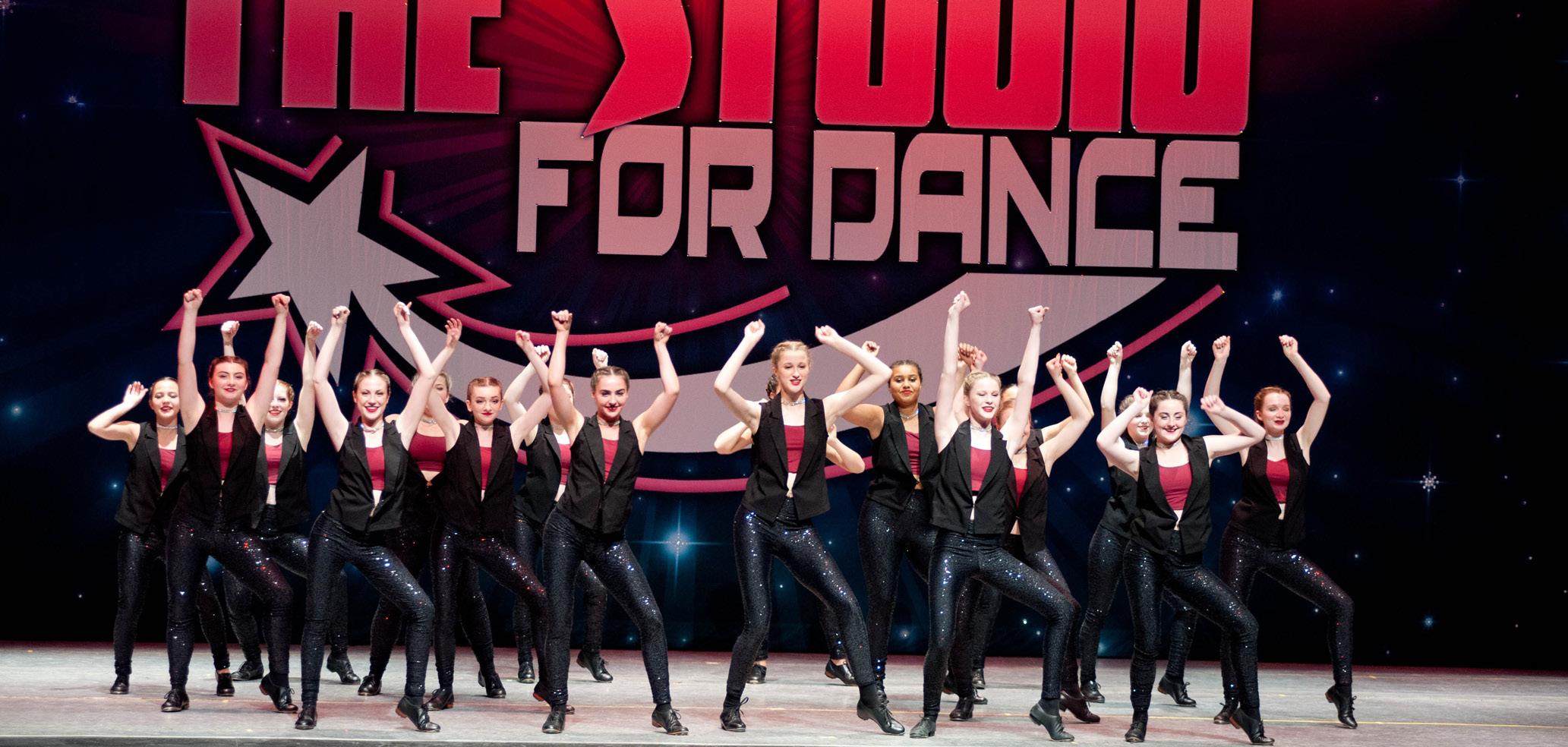
5 minute read
About the Music
John Morris Russell, Music Director and Conductor
Robert and Margaret Gallagher Memorial Chair
Advertisement
2021-2022 40th Season Sunday, February 20, 2022 • 4;00 pm Monday, February 21, 2022 • 7:30 pm John Morris Russell, Conductor Tessa Lark, Violin
PROGRAM
WOLFGANG A. MOZART The Marriage of Figaro, K.492: Overture
ANTONÍN DVOŘÁK Violin Concerto in A minor, Op. 53 Allegro; ma non troppo Adagio; ma non troppo Finale: Allegro giocoso; ma non troppo
Tessa Lark, Violin
INTERMISSION
JOHANNES BRAHMS Symphony No. 3 in F major, Op. 90 Allegro con brio Andante Poco allegretto Allegro
TESSA LARK

Photo: Lauren Desberg
TESSA LARK
VIOLIN
Brahms’ Third and Tessa Lark February 20 & 21, 2022
“Tessa’s debut commercial recording SKY, a bluegrassinspired violin concerto written for her by Michael Torke and performed with the Albany Symphony Orchestra, earned a 2020 GRAMMY nomination.” Violinist Tessa Lark is one of the most captivating artistic voices of our time, consistently praised by critics and audiences for her astounding range of sounds, technical agility, and musical elegance. In 2020 she was nominated for a GRAMMY in the Best Classical Instrumental Solo category and received one of Lincoln Center’s prestigious Emerging Artist Awards, the special Hunt Family Award.
Additional honors include a 2018 Borletti-Buitoni Trust Fellowship and a 2016 Avery Fisher Career Grant, a Silver Medal in the 9th Quadrennial International Violin Competition of Indianapolis, and top prize in the 2012 Naumburg International Violin Competition. A budding superstar in the classical realm, she is also a highly acclaimed fiddler in the tradition of her native Kentucky, delighting audiences with programming that includes Appalachian and bluegrass music and inspiring composers to write for her.
Tessa has been a featured soloist at scores of orchestras, recital venues, and festivals since making her concerto debut with the Cincinnati Symphony Orchestra at age sixteen. Highlights of her 2021-22 season include debuts at London’s Wigmore Hall and Carnegie Hall’s Zankel Hall; return appearances at recital series such as Cal Performances in Berkeley and Boston’s Isabella Stewart Gardner Museum; and numerous concerto engagements, including the world premiere of Michael Schachter’s violin concerto Cycles of Life with the Knoxville Symphony Orchestra in April 2022. Tessa’s debut commercial recording SKY, a bluegrass-inspired violin concerto written for her by Michael Torke and performed with the Albany Symphony Orchestra, earned a 2020 GRAMMY nomination, and Tessa’s discography has been expanding ever since. Recordings include Fantasy, an album on the First Hand Records label that includes Tessa’s own Appalachian Fantasy along with Ravel’s Tzigane and fantasias by Schubert, Telemann, and Fritz Kreisler; Invention, a debut album of the violin-bass duo Lark and Thurber that comprises arrangements of Two-Part Inventions by J.S. Bach and non-classical original compositions by Tessa and her fiancé, Michael Thurber; and a live recording of Astor Piazzolla’s The Four Seasons of Buenos Aires, released in 2021 by the Buffalo Philharmonic in honor of Piazzolla’s 100-year anniversary. Her newest recording, The Stradgrass Sessions, is scheduled for release in 2022 and includes collaborations with composer-performers Jon Batiste, Edgar Meyer, Michael Cleveland, and Sierra Hull; original works by Tessa; and the premier recording of John Corigliano’s solo violin composition STOMP. Tessa’s belief in music’s power to foster global connection and community across boundaries manifests in her genre-defying collaborations. Along with the Lark and Thurber duo, new projects include a string trio with composerbassist Edgar Meyer and cellist Joshua Roman and a duo partnership with jazz guitarist Frank Vignola. She is a graduate of the New England Conservatory and completed her Artist Diploma at The Juilliard School, where she studied with Sylvia Rosenberg, Ida Kavafian, and Daniel Phillips. Tessa plays a ca. 1600 G.P. Maggini violin on loan from an anonymous donor through the Stradivari Society of Chicago.
ABOUT THE MUSIC
by Jonathan Aceto
Overture to The Marriage of Figaro, K. 492
Wolfgang Amadeus Mozart (1756-1791)
of the opera, asked the director of the Burgtheater, Count Orsini-Rosenberg, to create posters stating, “No piece for more than a single voice is to be repeated.”
The Marriage of Figaro, or Le Nozze di Figaro, is considered one of the greatest and most beloved operas ever written. Mozart knew of the original French play by Pierre Beaumarchais and asked Lorenzo da Ponte to turn it into a libretto. It would be their first of three collaborations, the other two being Don Giovanni and Così fan tutte. Emperor Joseph II had banned the play from Austrian theaters because of its very unflattering portrayal of nobility, but da Ponte took out all the politics and secured approval for his libretto. Mozart completed the music in 1786, conducting the premier on May 1st in the Burgtheater in Vienna. Mozart received 450 florins for the opera, roughly 3 times his yearly salary as a court musician in Salzburg! Although this initial production was performed only nine times, it was considered a success. Many critics found the work to be a masterpiece and one full of joy. Even Brahms weighed in: “In my opinion, each number in Figaro is a miracle; it is totally beyond me how anyone could create anything so perfect.” The opening night applause resulted in five encores and the next night garnered seven. The emperor, becoming concerned about the overall length Unlike many overtures, this one does not use any melody from the opera but rather creates a mood. The opening scurry of pianissimo sixteenth notes, reminiscent of gossiping busybodies, soon bursts forth with a triumphant melody that exudes joy in all its forms. Near the end of the piece, listen for one of the longest and most thrilling buildups Mozart ever composed which begins in the violins and spreads to the whole orchestra. This overture has even cropped up in popular culture, most gloriously in the original Willy Wonka and the Chocolate Factory where Wonka uses the opening passage as a musical lock on a door. After hearing it, one of the mothers smugly exclaims “Rachmaninoff!”











